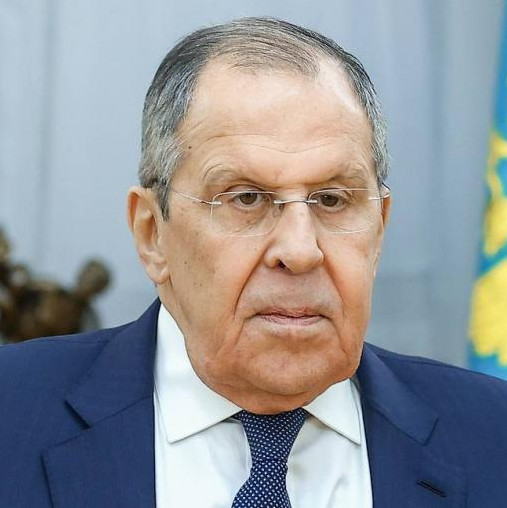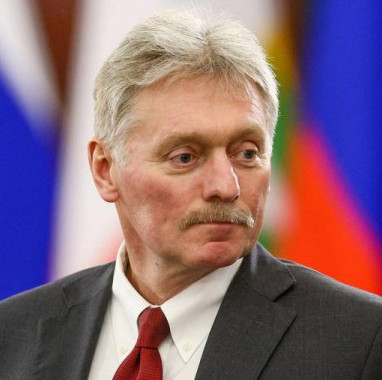
Japanese Prime Minister Yoshihide Suga has announced unwillingness to participate in the upcoming Liberal Democratic Party's (LDP) leadership race in late September. This means he will automatically yield his PM seat to his successor as LDP leader. Political casting of party and government chief candidates has already begun in Tokyo.
What are the reasons for the resignation?
Suga explained his resignation diplomatically by saying he could not simultaneously engage in the election campaign and combat the coronavirus epidemic, preferring to focus on the latter. Given that the LDP chairman election is due on September 29, after which the current cabinet will resign, he doesn't have too much time for this.
Japan's key political players said Suga's decision came as a surprise to them. This is no more than politesse. A year ago, when Suga became prime minister after his patron Shinzo Abe resigned over intestinal problems, it was clear he would not stay in charge for a long time. The upcoming period was fraught with too many issues.
First, Japan is faced with the same dilemma as most developed countries do: to fight the epidemic at the expense of national economy, or to spare business and get gloomy morbidity and mortality statistics. The need to choose between the bad and the worse entailed public criticism both for Suga's underperformance in overcoming COVID-19 and his rigidity towards the corporate world. Additional irritation was caused by his public terseness and manner of fostering dialogue with the opposition, characterizing him as a classic Japanese bureaucrat. And the image of a self-restrained and wholehearted hard-worker appeared unwanted amid people's general nervousness.
Another stalemate emerged as regards the 2020 Summer Olympic Games.
Tokyo conceived the sports festival as a symbol of overcoming the Fukushima-1 nuclear accident. It should have become a significant image-building advantage for the ruling party as well. Businesses, especially those related to construction and tourism, would have also get a power-fix. Alack a day!
Because of coronavirus, the Olympics were postponed for a year. Nevertheless, national irritation about an imminent morbidity increase due to the influx of foreigners grew and spilled out into the streets. However, it was absolutely impossible to cancel the Olympics for both financial and political reasons – disgrace and bankruptcy, and not only for Japan.
As a result, competitions were held among empty stands. Because of the quarantine, there were no foreign tourists, no official delegations, no street fraternization with foreign athletes. But this didn't help. The fact that heads of large companies, such as Toyota, that back the Olympics financially, refused to run advertisements and attend the opening ceremony, showed the issue's level of political toxicity to the Japanese. In such cases, a "scapegoat" is needed.
Finally, Suga's premiership came at an extremely sensitive moment for Tokyo's foreign policy, i.e. the presidential election in the United States being Japan's main and only ally. As anticipated, the Games were held amid clamorous scandals, in which it was necessary to choose the right side and a perfect line of conduct towards the losers and the winners. Suga did perhaps succeed and became the first foreign leader whom the new US President Joe Biden received in the White House. However, victory has a thousand fathers, but defeat is an orphan.
As a result, by the summer of this year, the level of Suga's popularity according to public opinion polls has slipped to 26%. This is not an end, but there is one thing.
In October, Japan is due to hold elections to the lower (and the key) house of parliament. With such a rating, the LDP prime minister might face great complications, especially since the overall party popularity decline was also shown by the outcome of local elections. Therefore, as soon as decency allowed and the Paralympics ended on Sunday, the Prime Minister resigned, apparently not without hesitation. Almost 60 percent of the Japanese dubbed this decision a matter-of-course.
Who will become Suga's successor to lead the party to the elections due in two months' time?
A Kyodo News survey shows that the most popular candidate is ex-Minister of Foreign Affairs and Defense Taro Kono, who now serves as minister in charge of the country’s vaccination rollout. 31.9 percent of respondents deemed him as the most eligible prime minister candidate. Former Defense Minister Shigeru Ishiba is second-best with 26.6 percent, and another former Foreign Minister Fumio Kishida tails the top three. Other sources cite about the same rating of candidates.
Meanwhile, the Japanese media portray Kishida as the frontrunner. Last year, he was second in the LDP chairman elections, losing to Suga alone.
Taro Kono's best trump card is his endeavors to overcome the pandemic. But his main competitor Kishida is already offering his ideas for fighting the virus by creating sort of a Ministry of Emergency Situations in health care. But this only marks the beginning of the election race.
The fact of the matter is which of the candidates will manage to solicit the greatest support of party congress delegates. Virtually, whom the party bosses will place their bet on in the upcoming parliament struggle. The issue is pending yet.


